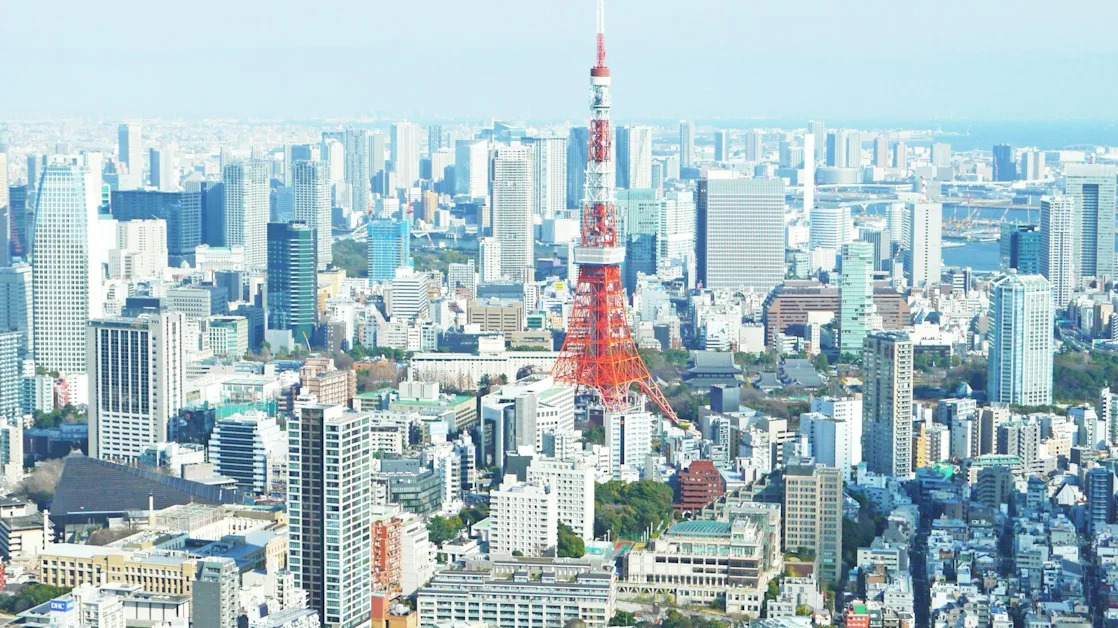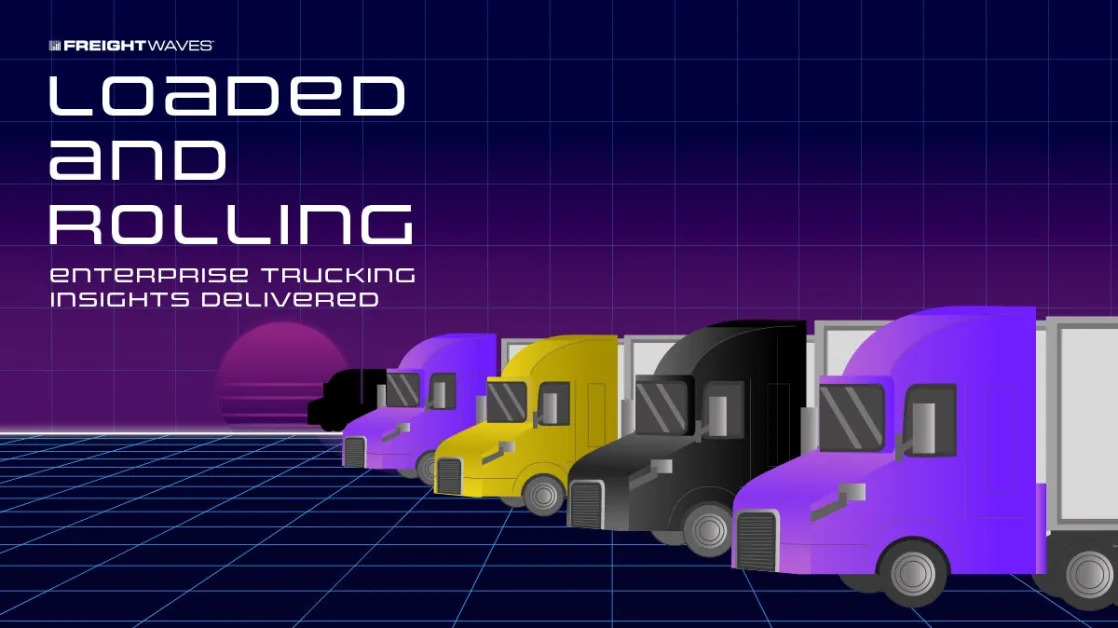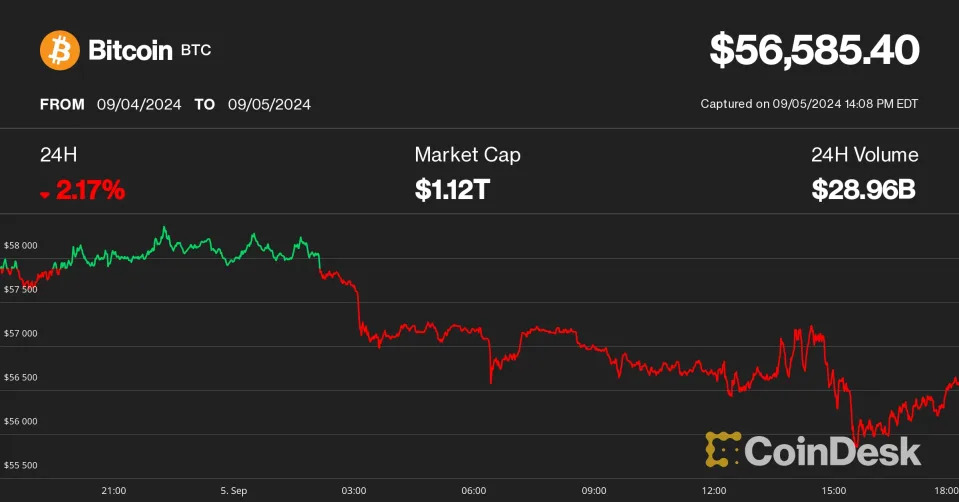(Bloomberg) -- Mexico’s new president plans to lay out clear rules for private investment in the power sector, a top cabinet official said, acknowledging that the state has insufficient resources to expand renewable energy use and address electricity supply and distribution problems.
Claudia Sheinbaum is expected to outline a plan for private players’ roles on Oct. 15 at a forum with US and Mexican chief executive officers, Economy Minister Marcelo Ebrard said in an interview. As the country’s top trade official, Ebrard is responsible for drawing investment to Mexico and will be a key figure in negotiations for a review of the free-trade agreement with the US and Canada in the coming years.
“It’s a huge amount of money in distribution in order to fulfill the necessities that we are going to confront in the next years, especially in the north part of the country,” the Mexican official told Bloomberg’s David Westin on the sidelines of a BloombergNEF forum in Monterrey. “We need to generate clean energy as never before in Mexican history, so we need the private capital.”
Energy will be the most important issue for the country’s development during the six-year term of the president, Ebrard said. Sheinbaum announced in October the goal of generating 45% of Mexico’s power with renewables by 2030. Analysts, who estimate it could cost as much as $50 billion, have doubted whether the plan is feasible.
After a tumultuous business environment under Sheinbaum’s predecessor Andres Manuel Lopez Obrador, investors have been looking for signs of how her administration might take a different tack. The peso has fallen against the dollar at times when she has adhered to Lopez Obrador’s views, such as his plan to overhaul the judicial system to elect judges by popular vote. The currency has gained back some ground when she has shown a more pragmatic side — including her selection of Ebrard, a political veteran who’s seen as a moderating force in the populist Morena party.
In the interview, Ebrard portrayed Mexico as investor-friendly and ready to do business, especially with its northern neighbor.
“We need to be very close to the CEOs of the companies. We need to really put on the table the informational content for the decisions that they are going to take,” he said. “We need some sort of trust and friendly approach. We need to work more closely with them in the next six years to be more successful in our main goals.”
He said one of the administration’s goals is to reduce its reliance on imports from China and other parts of Asia, a message that could play well with both US presidential candidates. That could be addressed in part by buying more products from the US and Europe, Ebrard said. “We are importing a lot of things from China and also Vietnam, and there is no reason for that,” he said.
At the same time, Mexico would seek to avoid tariffs on its exports. That’s something that Republican presidential candidate Donald Trump has at times floated during his campaign, often referring to Chinese products that enter the US through Mexico. Under President Joe Biden, the US trade office has pressured Mexico to not be a conduit for reduced-price Chinese goods, including steel.
We need to make “common-sense decisions about the competition with China, to not have disordered tariff policies between Mexico, Canada and the United States,” Ebrard said.
--With assistance from Carolina Millan.





